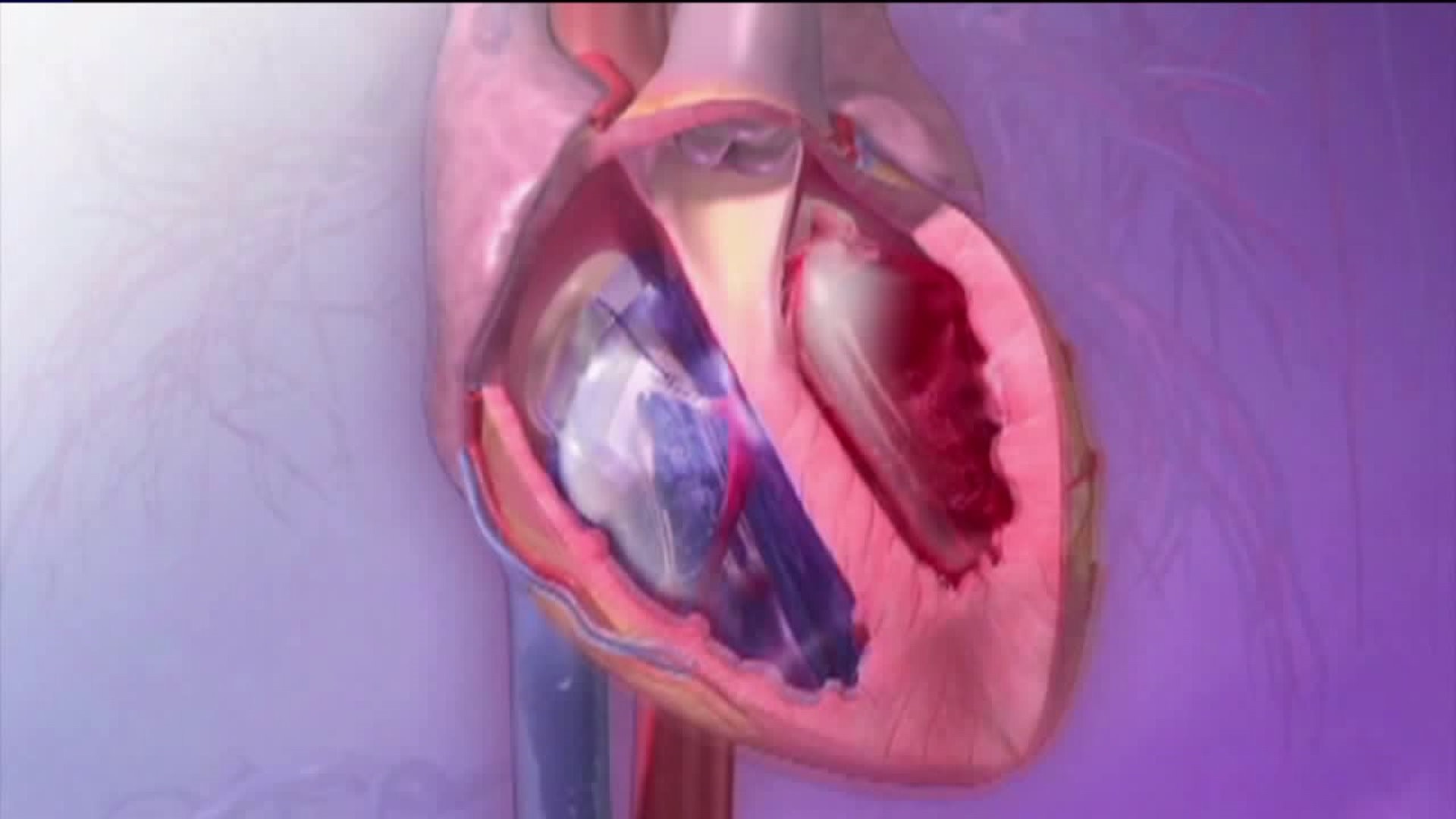PLAINS TOWNSHIP -- We hope we've helped shed some light on various heart issues during Heart Month, which is February. We close it out with a closer look at heart murmurs.
Dr. Vernon Mascarenhas is director of noninvasive cardiology at Geisinger Wyoming Valley Medical center near Wilkes-Barre.
"Murmurs are most commonly picked up under stethoscope, during a routine physical exam. That typically also alerts the physician, who in turn lets the patient know, most commonly after that the gold standard is to get an echocardiogram or ultrasound of the heart," said Dr. Mascarenhas.
Dr. Mascarenhas explains a heart murmur is the result of turbulent blood flow. That usually happens for one of three reasons:
- when blood flows through a narrow vessel,
- when blood travels from a high to low-pressure zone,
- when there's a large volume of blood in the body, such as during pregnancy.
In some cases, he says heart murmurs aren't worrisome. Others require monitoring.
"There are murmurs that originate from valves that we have to keep a watch on. Those are the ones we want to make sure doesn't get worse over a period of time."
In on patient's case, the murmur was caused by a medical condition and surgery is likely in the future. This person was feeling tired and had shortness of breath.
But that's not always the case. Heart murmurs are seen across the board, and sometimes never felt.
"You see them right from birth, right up to the 8th and 9th decades of life, depending on where the turbulence is and what is causing the murmur," Dr. Mascarenhas added.
Dr. Mascarenhas says the key is diagnostic testing. The way to treat a heart murmur is to find out what might be causing it.

